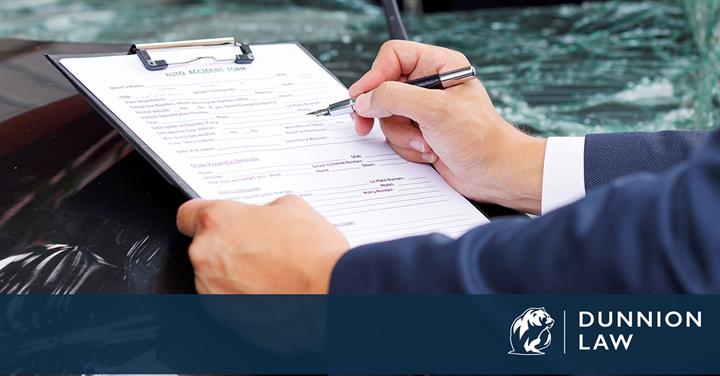Do you know your insurance company’s responsibilities to you?
When You Submit an Accident Claim, Know the Insurance Company’s Responsibilities to You.

The process of submitting an injury claim to your insurance company seems straightforward, but do you really know your company’s duty to you as an injured party?
As an accident victim, you need to be prepared for what to do when the insurance company makes it difficult for you to proceed with your claim and when that crosses the line from an annoyance to a violation of your legal rights. Most of these elements have to do with the concept of good faith, and bad faith. Your insurance company owes you a duty of care and of good faith. When an insurance company fails to perform these duties, you have the right to a legal remedy that ensures those duties will be met.
What is Good Faith?
In California, as in most states, insurance companies are responsible for acting in good faith and fair dealing when handling your claim.
You, as the consumer, have rights that can be exercised. The last thing you should have to worry about when recovering from your accident is what to do if the insurance carrier is ignoring you or downplaying your claims. This is one of the reasons hiring a California car accident lawyer can be of help to you.
An insurance company has good faith responsibilities under a contract, including:
- Investigating a claim to determine who is liable for any injuries that occurred
- Paying claims when a policyholder experiences a risk that is covered by the insurance policy
- Making good faith efforts to settle claims
Furthermore, the insurance company has an obligation to defend and indemnify its own policyholders. When a claim is received by a California car insurance company, it is their responsibility to fully investigate the claim in good faith to understand all the facts. If the claim is covered under the existing policy, the insurance company must also provide the policyholder with legal defense.
Insurance companies must be prepared to investigate and cover incidents even if the accident cause is unknown at the time you submit your claim.
When Has an Insurance Company Acted in Bad Faith?
You might be under the impression that your car insurance company is there to protect you as a loyal paying policyholder, but that is not always the experience a consumer has when filing a car insurance claim.

Knowing when the insurance company has crossed the line or has acted in bad faith could equip you with the necessary information to hold them accountable or bring legal action if your rights have been violated. The insurance company’s failure to defend or indemnify you could constitute bad faith.
Some of the most common examples of insurance carrier bad faith include:
- Failing to conduct a prompt, full, and fair investigation post-accident
- Refusing to pay a claim
- Allowing the statute of limitations to expire in the case before closing out the claim
- Unreasonably delaying the processing of a claim
- Improperly denying a claim without explaining why that decision was made
- Misrepresenting coverage or policy facts
- Non-standard practices in investigating the claim
- Not keeping the consumer updated about the status of a claim
An insurance company can be accused of acting in bad faith when they violate the terms of the policy or state law. Damages from a bad faith claim when the policyholder is successful in making this argument includes the cost of hiring an attorney to bring this legal action, emotional distress damages associated with the insurance carrier’s failure to act.
It’s not just your own insurance company that can act in bad faith, either. The other party’s insurance company can engage in tactics that end up stalling the case. This is why it helps to have a California personal injury attorney to help discuss all the key elements of the case with all involved insurance carriers.
When fault is in question on a California car accident claim, processing the claim could take longer than usual. However, the consumer still retains the right to be kept informed about the progress in the case. Being organized with your evidence and submitting your claim information quickly can help start the process for recovery of damages.
The Insurance Company Acted in Bad Faith- Now What?
If you think you have evidence of the insurance company acting in bad faith, you might have grounds for legal action. Your next steps for damages could include:
- Amounts that your insurance company had to pay to you when the other insurance carrier should have paid
- Legal fees for your efforts to get access to your policy benefits
- The cost of defending a lawsuit against the other person
- If their acts of bad faith are deemed egregious, you also may receive punitive damages
If you’ve experienced bad faith with an insurance company, a personal injury attorney at Dunnion Law can help you. We have won “bad faith” settlements for clients who have suffered consequences from the insurance companies’ failure to perform in good faith.